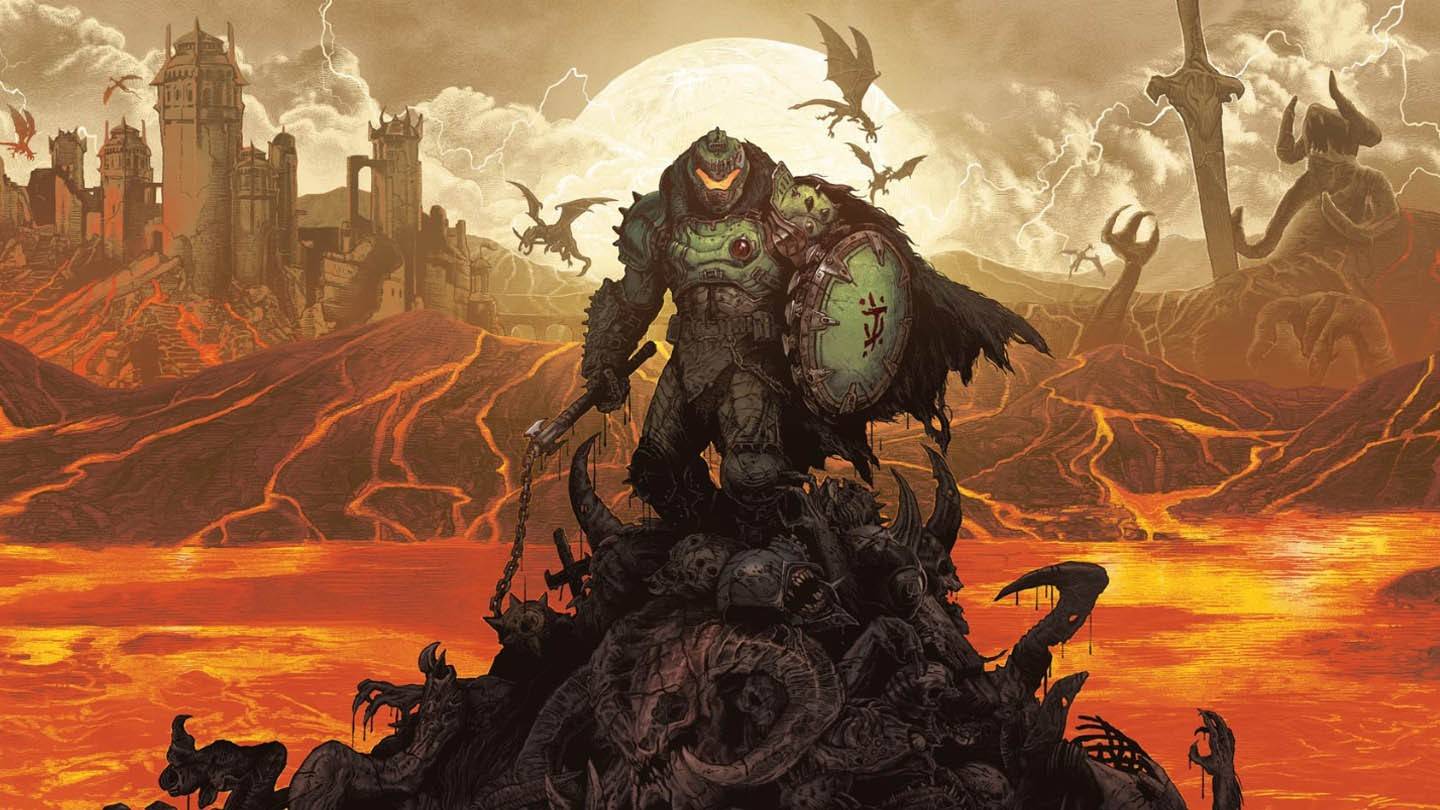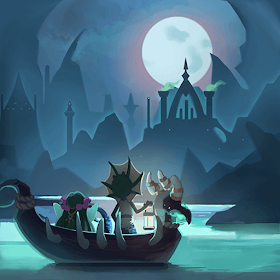Ridley Scott's Lost Dune: A 40-Year-Old Secret Unveiled
This week marks four decades since David Lynch's Dune premiered, a box office flop that unexpectedly cultivated a devoted cult following. Its stark contrast to Denis Villeneuve's recent adaptation has fueled renewed interest in the franchise's history. This article delves into a previously unknown chapter: Ridley Scott's abandoned Dune project.
Thanks to T.D. Nguyen's discovery of a 133-page October 1980 draft within the Coleman Luck archives, we now have access to Rudy Wurlitzer's script, a top-down rewrite commissioned by Scott after Frank Herbert's unwieldy, two-part screenplay adaptation. This version, clearly intended as part one of a two-part epic, offers a fascinating glimpse into a drastically different Dune.
Scott's vision, as revealed in this unearthed script, is markedly distinct from both Lynch's and Villeneuve's interpretations. Wurlitzer's script, while retaining the novel's essence, injects a unique sensibility. Scott himself described the script as "pretty fucking good" in a 2021 interview with Total Film.
The reasons for Scott's Dune's demise are multifaceted: the death of his brother, his reluctance to film in Mexico, budget overruns, and the allure of the Blade Runner project. However, as Universal executive Thom Mount noted, the script itself lacked universal acclaim.
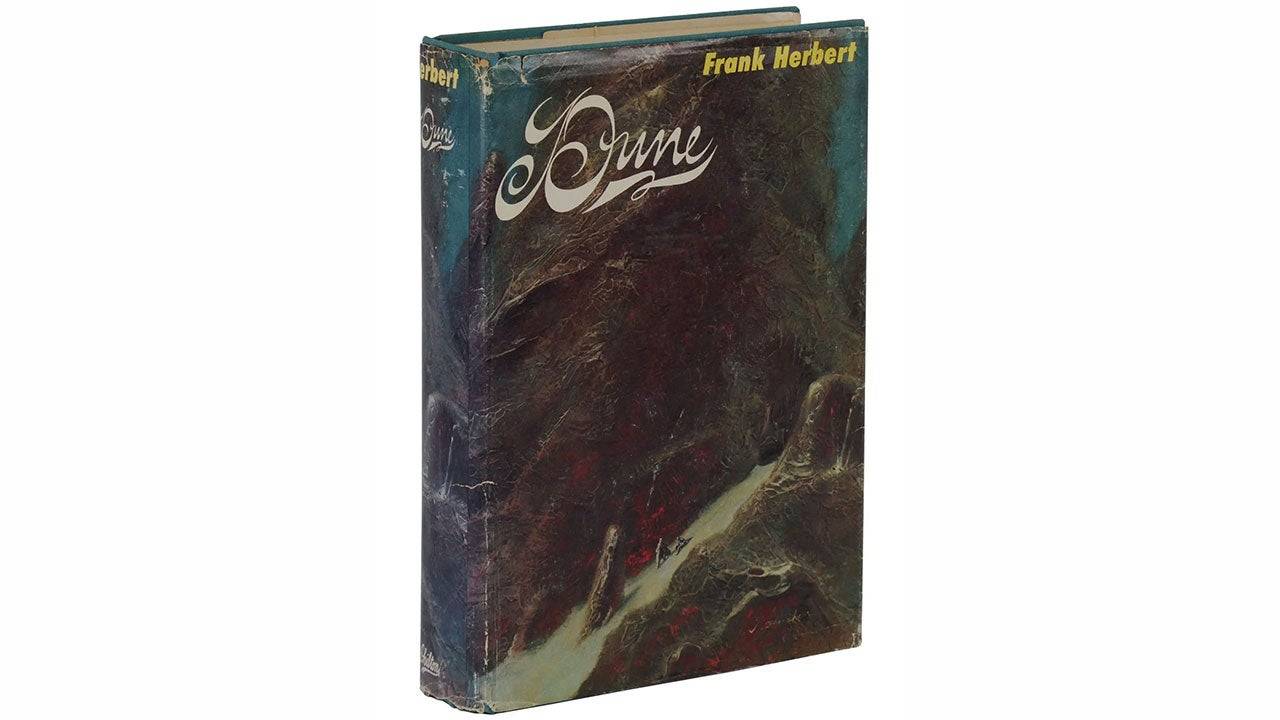
A Reimagined Paul Atreides
Wurlitzer's script portrays a far more assertive Paul Atreides, beginning not as a brooding teenager but as a seven-year-old boy, showcasing his savage innocence and quickly demonstrating his abilities. This contrasts sharply with Timothée Chalamet's portrayal in Villeneuve's film and the more vulnerable Paul depicted by Kyle MacLachlan in Lynch's version. The script includes a flash-forward depicting Paul's training and eventual surpassing of Duncan Idaho.
Stephen Scarlata, producer of the documentary Jodorowsky's Dune, notes the difference: "Rudy Wurlitzer’s version of Paul is far more assertive... He actively takes charge." Scarlata expresses a preference for Lynch's portrayal, highlighting the tension created by Paul's vulnerability.
A Shifting Narrative
A pivotal twist in Wurlitzer's script centers on the Emperor's death, a catalyst absent in Herbert's novel. This event triggers the chain of events leading to the Atreides' downfall. The script also features a detailed depiction of the Emperor's funeral, a mystical scene filled with colorful energies and a speaking medium.
The script maintains the iconic line, "He who controls the spice controls the universe," though its attribution remains uncertain. Mark Bennett of DuneInfo speculates on whether Lynch borrowed it from Wurlitzer's script or conceived it independently.
The Guild Navigator is also vividly portrayed, a spice-mutated creature visualized as an elongated, vaguely humanoid figure. This depiction, absent from Villeneuve's films, is a highlight for screenwriter Ian Fried, who lauds its inclusion.
Violence and Ecological Themes
Wurlitzer's script significantly amplifies the violence, featuring graphic depictions of combat and death. The portrayal of Arakeen as a squalid city, echoing the aesthetic of The Battle of Algiers, emphasizes class disparity. A bar brawl scene, reminiscent of 1980s action films, further contributes to the script's heightened intensity.
The ecological aspects of Dune are also strongly emphasized, with Liet Kynes highlighting the devastating impact of spice harvesting. This focus on environmental consequences is lauded by Fried as a unique strength of the adaptation.
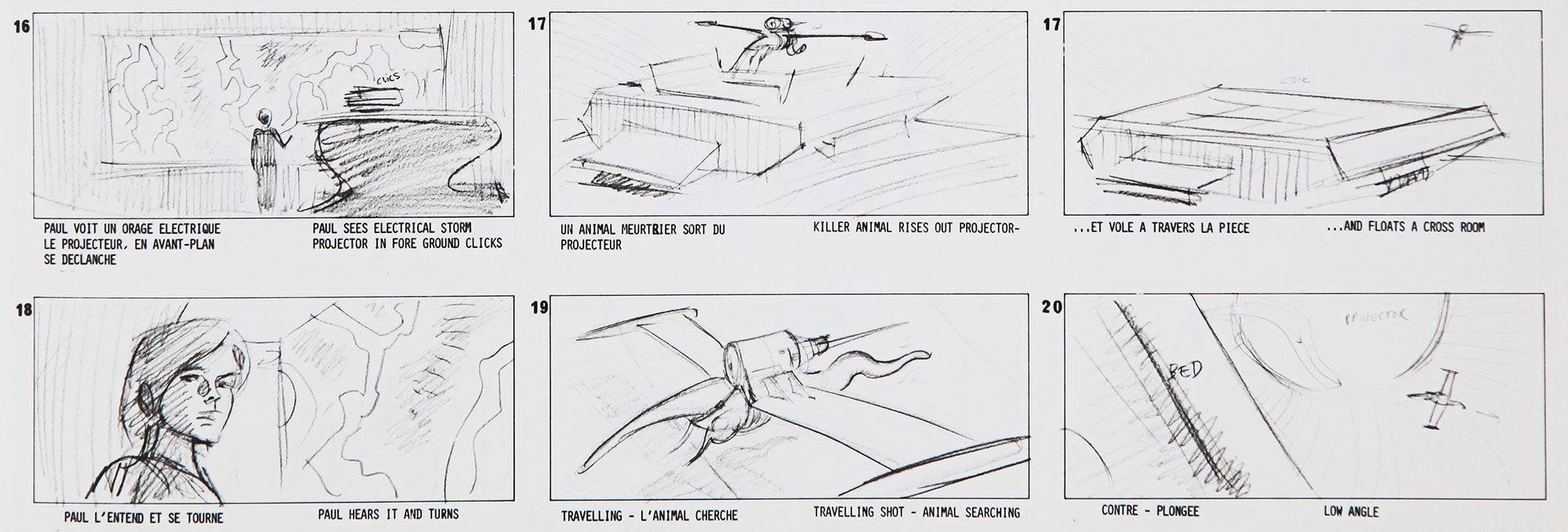
The Omitted Incest
One notable omission from this draft is the incestuous relationship between Paul and Jessica, a detail that angered both Herbert and De Laurentiis. Wurlitzer himself confirmed including such scenes in an earlier draft, but they were ultimately removed.
A Different Messiah
The script culminates in a Water of Life ceremony, a mystical event featuring a gender-bending shaman and a giant sandworm. The ceremony concludes with Jessica becoming the new Reverend Mother, and Paul's acceptance into the Fremen tribe. This ending, while different from the novel, mirrors certain aspects of Dune: Part Two.
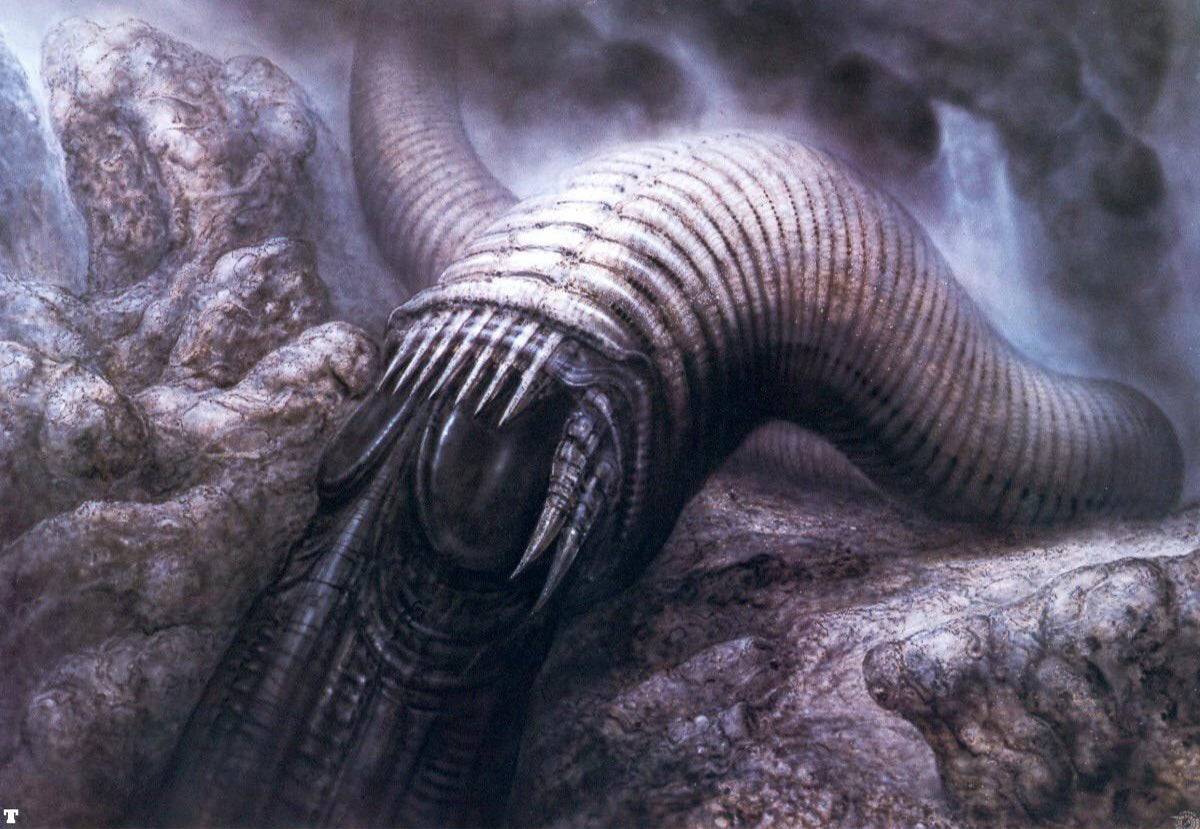
A Lasting Impact
Despite its differences from Herbert's novel, Wurlitzer's script offers a unique and compelling interpretation of Dune, emphasizing ecological themes and political intrigue. While it may not have satisfied all Dune fans, its bold vision and mature themes are noteworthy. The script's legacy includes H.R. Giger's striking sandworm design and the influence on later adaptations. Perhaps, in the future, a filmmaker will revisit this version, giving us a Dune adaptation that truly embraces its ecological and political undertones.

